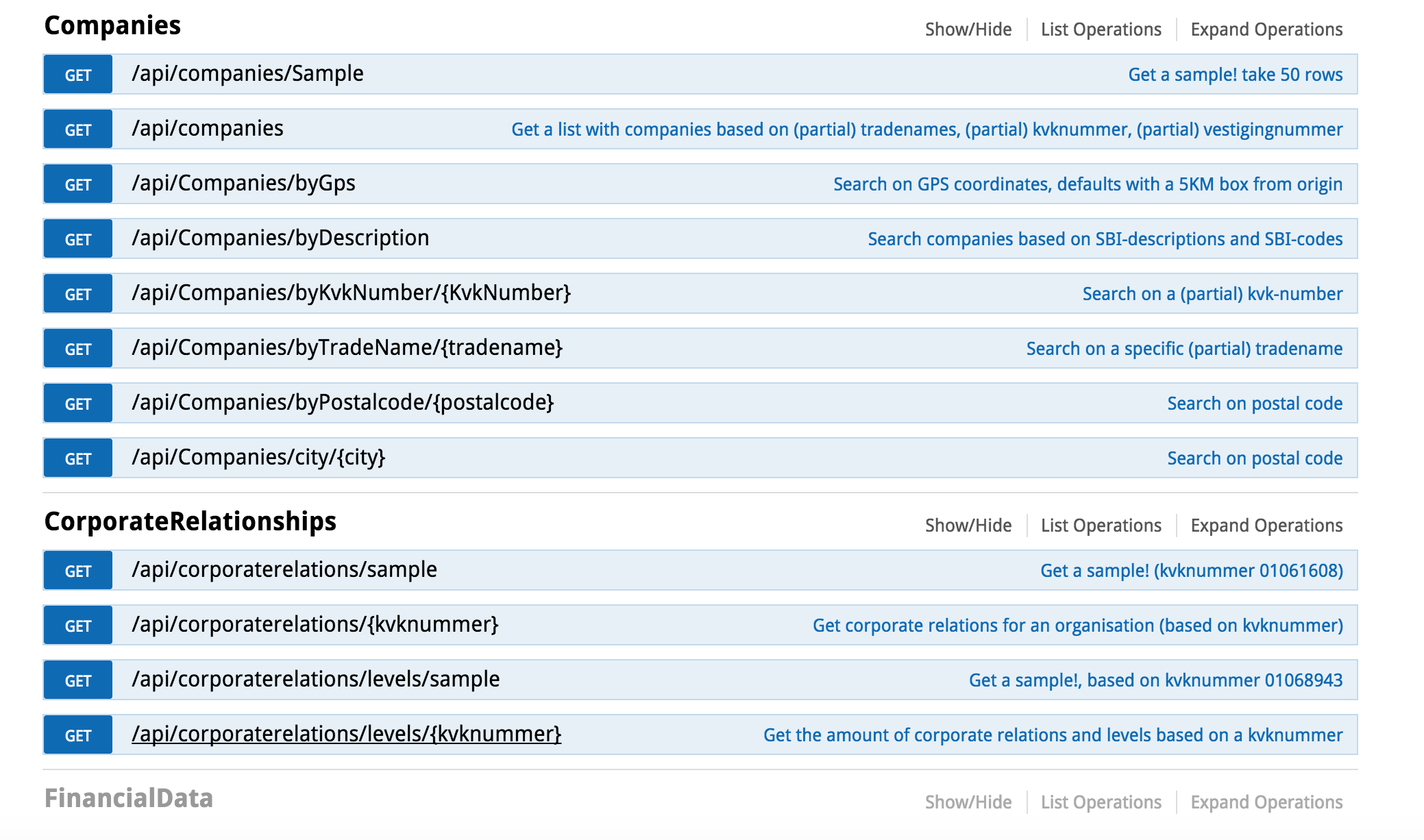In November 2015, the Dutch parliament voted by an overwhelming majority to back a resolution that asks economic affairs minister Henk Kamp to investigate an open companies register. In a blogpost we described five tips for the government’s researchers to take into account.
In the blogpost which was written in Dutch, we suggested the researchers to not waste time in looking at how much money the Dutch Chamber of Commerce is making out of the companies register (40 to 50 million euro annually) but at how much money is wasted every single day because the companies register is not open. Have a look at Tim Moss, executive director of the British Companies House:
The blogpost referred to other countries where progress is being made, such as France, where all companies information will be open data by January 1, 2017, but also mentioned Denmark, Norway and Belgium. It pointed to the fact that business information and company information is one of the highest valued open datasets possessed by governments for commercial re-use.
It showed that the Dutch Chamber of Commerce already has an API and has showed it in the past to developers but has not made access possible. The Chamber of Commerce has used hackathons not to promote re-use of its API but only to derive ideas from the community for its own benefits not for public use.

We advice the researchers to have a look at the British Companies House which provides not only access to open data, such as preferred bulk downloads in csv or XBRL but also a well-documented API. Real-time access to reliable, dependable government data, via a standardised digital interface. This is what registers are for.
Then we strongly believe for this research to make sense, that researchers should listen to others, such as the General Auditing Office which said that it is unclear how much the companies register actually costs and in the past said that tariffs hinder public re-use. We cited Bas Eenhoorn, the Digital Commissionar of the Dutch government who said that government registers such as the Land Registry and the companies register need to be open. We also pointed to a recent research among startups and entrepreneurs of which 81% supports access to an open companies register.
Also, researchers that are going to advice parliament and others need to look at what is happening around the world. They should look at how the cabinet of David Cameron also announced that a planned register setting out the true owners of companies will be open to the public for scrutiny. The post not only mentioned developments in France and Infogreffe’s open dataportal and API but also suggested to look at Indonesia, Uruguay, Norway, Australia, Romania, Belgium or Moldovia.
Finally, we advised the researchers not to waste time with all kinds of excuses, sideways, such as proposed laws to give the Chamber of Commerce an exclusive database right and other exemptions from the law only to keep an old fashioned system in place.
